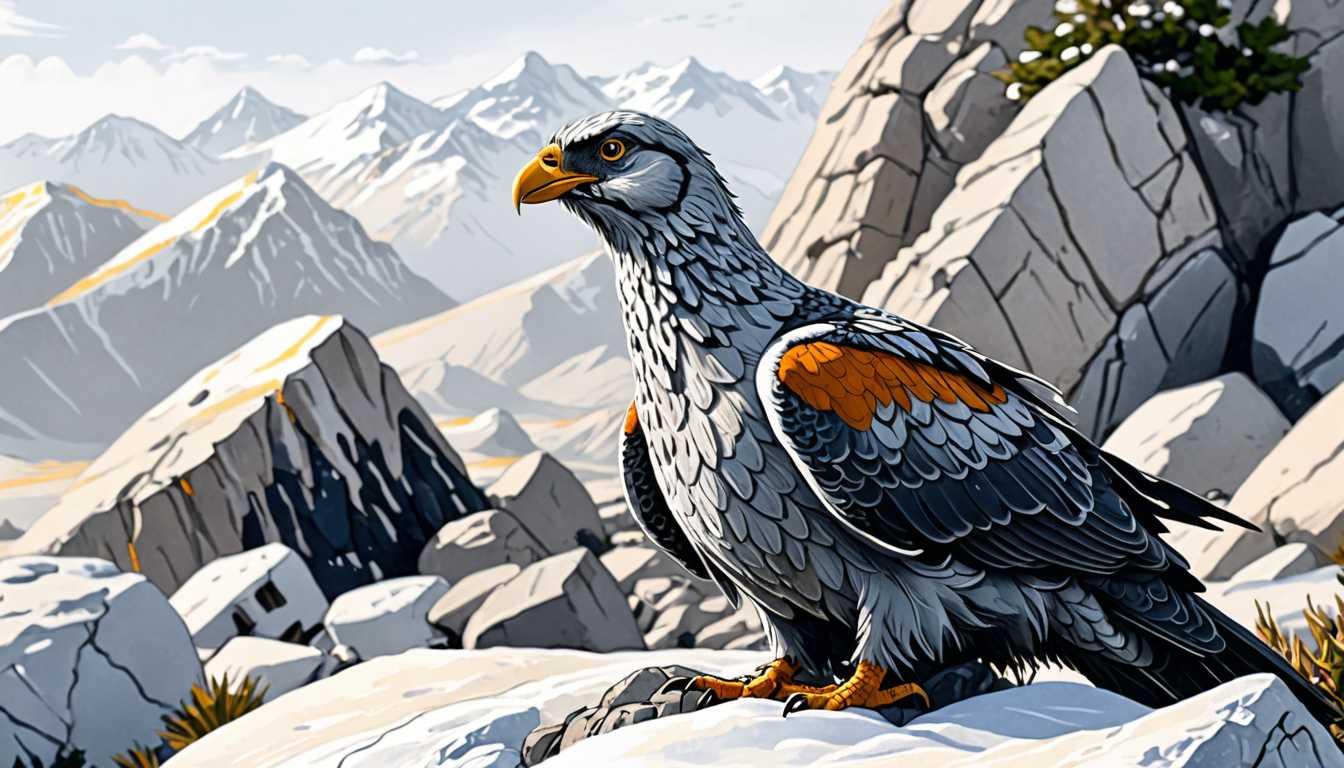Sea Otters: Alaska's Furry Ecologists
March 2023
BBC
Introduction
Dive into the riveting tale of Alaska's sea otters, once on the brink of extinction, now a conservation success story, thanks to their densest fur leading them to near oblivion for fashion's sake. Discover how these adorable marine mustelids, known for their tool-using skills and kelp bed naps, are stirring up the waters again, both ecologically and economically. Their comeback is a boon for biodiversity, particularly kelp forests, but a bane for shellfish divers. Explore this fascinating journey from scarcity to abundance and the ongoing quest for harmony between humans and otters. Courtesy of the BBC, this story is a must-read for nature enthusiasts and conservationists alike!
READ FULL ARTICLEWhy It Matters
Discover how this topic shapes your world and future
Otters, Oceans, and Our Future
Dive into the fascinating world of Alaska's sea otters and discover how these adorable creatures play a pivotal role in marine ecosystems. Sixty years ago, spotting a sea otter in Alaska was a rare event due to extensive hunting for their dense fur. However, thanks to conservation efforts, sea otters have made a remarkable comeback. This recovery is not just a win for the otters but for the entire marine habitat, particularly kelp forests, which flourish in the absence of sea urchins— the otters' favorite snack. Yet, the resurgence of sea otters has sparked debates among shellfish divers, who see them as competitors. This scenario highlights the complex relationship between human activities, wildlife conservation, and ecosystem health. Understanding the influence of sea otters extends beyond marine biology; it's about recognizing our role in preserving biodiversity and fostering a sustainable coexistence with nature. This topic could resonate with you as future stewards of the planet, offering a unique lens to view the intricate connections within ecosystems and the impact of human actions on environmental balance.
Speak like a Scholar
Biodiversity
The variety of life in the world or in a particular habitat or ecosystem. It's like the Earth's library of life, where each species is a unique book.
Ecosystem
A community of living organisms and their physical environment interacting as a system. Imagine it as a complex web, where each thread is connected.
Conservation
The protection and preservation of the natural environment and wildlife. It's like being a superhero for the planet, safeguarding its natural treasures.
Predator-prey dynamics
The interactions between predators and their prey within an ecosystem. This is the natural game of tag, where the balance keeps the ecosystem healthy.
Marine mammal
A group of mammals that are primarily ocean-dwelling or depend on the ocean for food. Sea otters are members of this aquatic club.
Carbon sequestration
The process of capturing and storing atmospheric carbon dioxide. It's like the Earth's way of cleaning up excess carbon to combat climate change.
Independent Research Ideas
The role of predators in ecosystem balance
Investigate how the presence of top predators, like sea otters, influences the structure and health of ecosystems. This study could shed light on the importance of predators beyond their immediate prey, highlighting their broader ecological impact.
Human-wildlife conflict and coexistence strategies
Explore the tensions between human economic activities and wildlife conservation, using the sea otter-shellfish diver dynamic as a case study. Delve into historical and contemporary management practices to propose innovative coexistence strategies.
The effects of biodiversity on carbon sequestration in marine ecosystems
Examine how biodiversity, particularly the presence of species like sea otters, affects the ability of marine ecosystems to capture and store carbon. This research could contribute to understanding natural solutions to climate change.
Cultural perspectives on wildlife conservation
Investigate the role of indigenous knowledge and cultural practices in marine mammal conservation, focusing on sea otters. This interdisciplinary study could offer valuable insights into blending traditional wisdom with modern conservation efforts.
The economic implications of ecosystem services
Analyze the economic benefits of ecosystem services provided by healthy marine habitats, such as kelp forests supported by sea otter activities. This topic could highlight the financial value of preserving natural ecosystems beyond their intrinsic ecological worth.
Related Articles

Nature's Fast and Furious: Survival Edition
November 2022
University College London

Ocean's Six: The Trash Truth
September 2022
Phys Org

Pigs, People & Borneo: An Eco-Tale
February 2023
UC Berkeley

Dolphins & Humans: An Unlikely Team
January 2023
Max Planck Society

Everest: A Peak of Biodiversity
September 2022
National Geographic